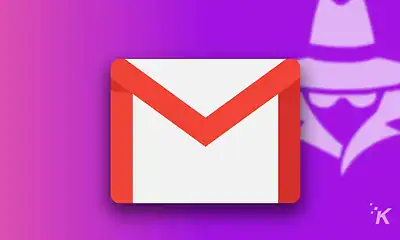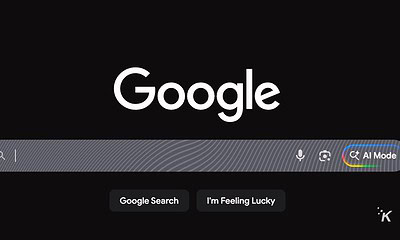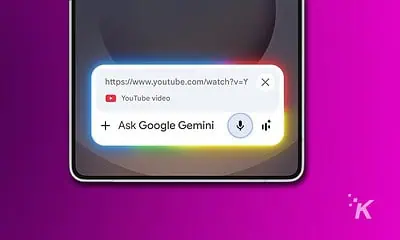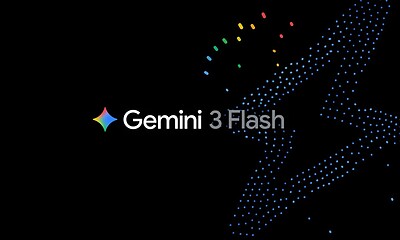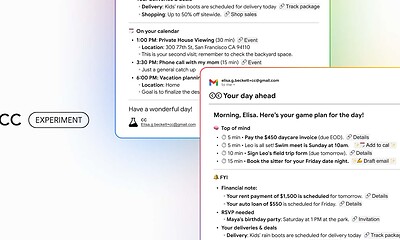Google opposes DOJ’s proposed changes around search
The judge is hearing arguments and expert testimony to figure out what “fair” look like.

Just a heads up, if you buy something through our links, we may get a small share of the sale. It’s one of the ways we keep the lights on here. Click here for more.
The US government and Google are back in court, this time to figure out how to fix what a judge already ruled: Google has an illegal monopoly on internet search.
The Department of Justice (DOJ) says Google’s power comes from a “vicious cycle” — it pays billions of dollars to be the default search engine on devices and browsers.
This deal gets it more searches, which gives it more data, which helps it improve its search results, which makes it more money, and the cycle continues.
Google admits this, but calls it a “virtuous cycle” — it believes it wins because it’s the best.
The DOJ disagrees and says Google’s dominance is unfair, and it’s proposing some big changes to level the playing field.
- Google shouldn’t be allowed to pay companies like Apple to be the default search engine anymore. These deals give Google a huge advantage and block out competitors.
- The DOJ wants Google to separate from its Chrome browser, which is how a large portion of people access the internet. They argue that owning both search and the browser gives Google too much control.
- The DOJ also wants Google to give competitors access to its massive library of search data, the information that powers its search engine, so others can compete fairly. Google strongly opposes this, saying it would let others copy its work and even expose private user information.
Google’s lawyers argue that all of this would just help rivals freeload off their success without doing the hard work.
They also point to tools like ChatGPT as proof that competition still exists. The government, however, believes these steps are the only way to give new search engines a real shot.
AI is now a big part of the conversation, too, with both sides debating whether new tech like ChatGPT changes the competitive landscape.
The judge is hearing arguments and expert testimony, but there’s still a long road ahead, and both sides are miles apart on what a “fair” fix looks like.
Do you think Google is in the right here? Or do you support the DOJ? We want to hear your takes below in the comments, or via our Twitter or Facebook.















